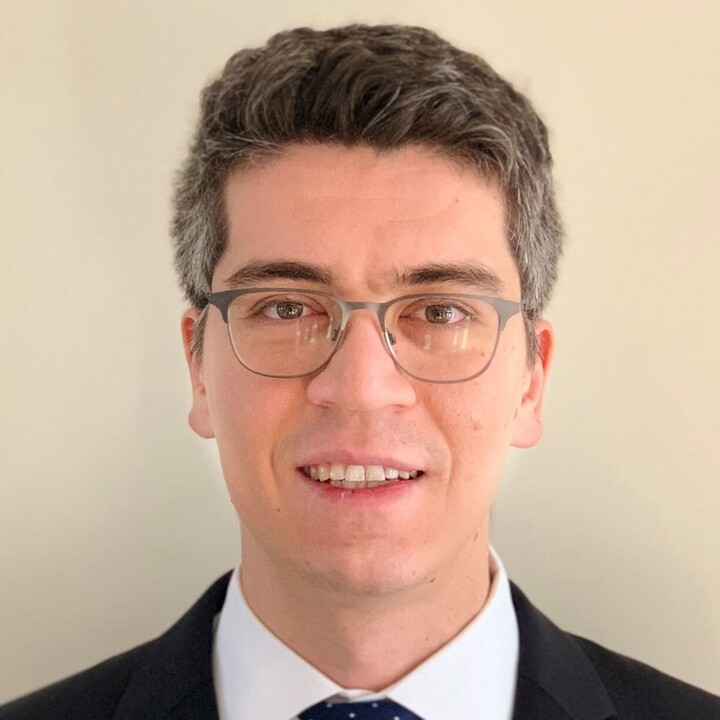Delivery Terms for Voluntary Carbon Offsets

Şafak Yücel
Georgetown University
May 16, 2022 – 05:00 – 06:15 PM (CET)
Live virtual event: please register for this talk via Zoom
Speaker Bio
Safak Yucel is an assistant professor of Operations Management at the McDonough School of Business, Georgetown University. His main research interest is sustainable operations, with a focus on renewable energy. He is also interested in economic and environmental implications of new business models. Safak Yucel's research has appeared in leading journals, including Management Science and Manufacturing and Service Operations Management. He has worked at the National Renewable Energy Laboratory of Department of Energy, prior to receiving his Ph.D. in Operations Management from Duke University's Fuqua School of Business.
Seminar Abstract
A carbon offset represents one unit of reduction in greenhouse gas emissions that can be used to compensate for emissions that occur elsewhere. Almost 40% of S&P 500 companies purchase carbon offsets voluntarily (rather than for compliance with regulations) to reduce their emissions. Such offsets are generated by various projects, including forestry, waste disposal, and renewable energy. Their market size exceeded $6 billion, leading to 1.7 billion tons of emissions reduction.
Companies purchase voluntary carbon offsets under two delivery terms – prompt and forward delivery. Under prompt delivery, a seller first undertakes the investment, then the yield uncertainty realizes, based on which the seller determines the price for carbon offsets as a recourse action. Under forward delivery, a buyer orders a certain quantity of offsets before the seller undertakes the investment. Given that emissions reduction from a project is inherently uncertain, the seller may generate fewer offsets than the buyer's order quantity. That is, unlike prompt delivery, there is a quantity risk under forward delivery. In this paper, we analyze and compare economic and environmental implications of these delivery terms for voluntary carbon offsets. We find that a buyer prefers prompt delivery for projects with a low or high investment cost, despite the seller's recourse pricing. A buyer prefers forward delivery for projects with an intermediate investment cost, despite the quantity risk. Finally, we find that a buyer's preference between the two delivery terms is not necessarily aligned with their environmental effectiveness, suggesting that environmental groups should be cautious in promoting one delivery term over the other.
This is a joint work with Vishal Agrawal (Georgetown University) and Gokce Esenduran (Purdue University).
Admission information
The seminar is open to the public. To receive invitations for upcoming seminar talks, please sign up for the mailing list via this form.